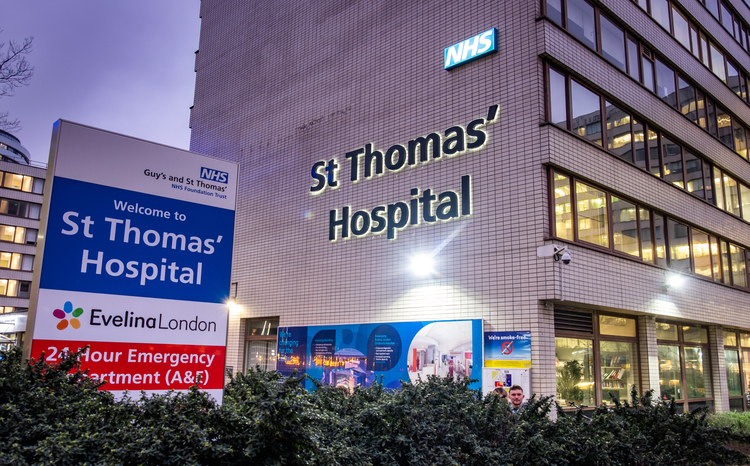Leeds checks credentials online
- 28 April 2014

Leeds Teaching Hospitals NHS Trust has become one of the first UK trusts to deploy an online credentialing system for healthcare industry representatives, aimed at improving patient safety and infection control.
The trust went live with the web-based Reptrax system from IntelliCentrics at the start of April.
The trust’s senior category manager George Anderson said the system allows it to effectively monitor and control representatives’ access to sensitive areas.
Anderson said the trust is initially introducing the system in theatre areas with the most vulnerable patients, and intends to roll it out across other important areas in the coming months.
The online system allows hospitals to control access by healthcare industry representatives by restricting access to those who comply with the hospital’s specific entrance policies.
Hospitals can choose what entry requirements are in the system, such as relevant immunisations, professional accreditations and a criminal records check.
Representatives then register their credentials in the Reptrax system, which can then be quickly checked by hospital staff when they arrive on site.
The service is free of charge to hospitals, with representatives paying an annual membership fee.
The trust includes two large teaching hospitals, Leeds General Infirmary and St James’s University Hospital, as well as four smaller sites.
IntelliCentrics UK managing director Azadar Shah said the company, which supplies Reptrax to more than 6000 US healthcare facilities, launched a UK arm following strong interest from NHS trusts.
While the credentialing system is a “little-known concept” in the UK, Shah said he expects the technology to become more widely used as hospitals and other public facilities improve their safety and security access policies.




